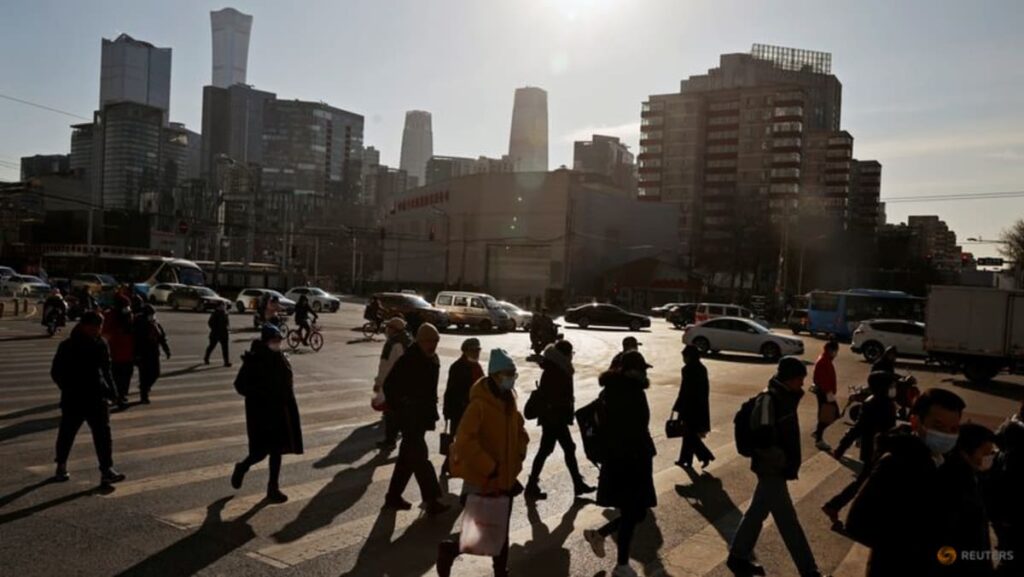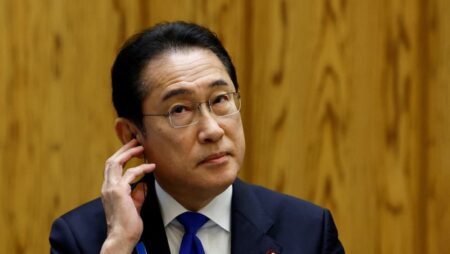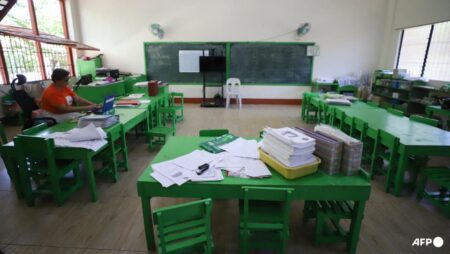A property crisis, deepening deflation, a stock market rout, and mounting local government debt woes are putting great pressure on China’s leaders to take momentous policy decisions that will put the economy on a solid footing for the long-term.
Analysts expect China to lower its annual growth ambitions in the future as it needs to make tough calls on how to fix these deep structural imbalances.
Reform advocates, worried about record low consumer confidence and plunging investor and business sentiment, want China to return to a path of pro-market policies and boost household demand.
The NPC is not the traditional venue for sharp policy shifts, which are usually reserved for events known as plenums, held by the Communist Party between its once-every-five-year congresses.
One such plenum was initially expected in the final months of 2023. While it could still take place later this year, the fact that it has not yet been scheduled has fuelled investor concerns over policy inaction.
The International Monetary Fund projects China’s economic growth at 4.6 per cent this year, declining further in the medium term to about 3.5 per cent in 2028.
DEFENCE SPENDING TO RISE
China will also boost its defence spending by 7.2 per cent this year, a rise that is at the same pace as last year, according to an official work report reviewed by Reuters.
The budget showed 1.67 trillion yuan allocated to military spending.
The defence budget is closely watched by China’s neighbours and the United States, who are wary about Beijing’s strategic intentions and the development of its armed forces as tensions spiked in recent years over Taiwan.
The target rise for last year’s defence budget was also 7.2 per cent.
Read the full article here










